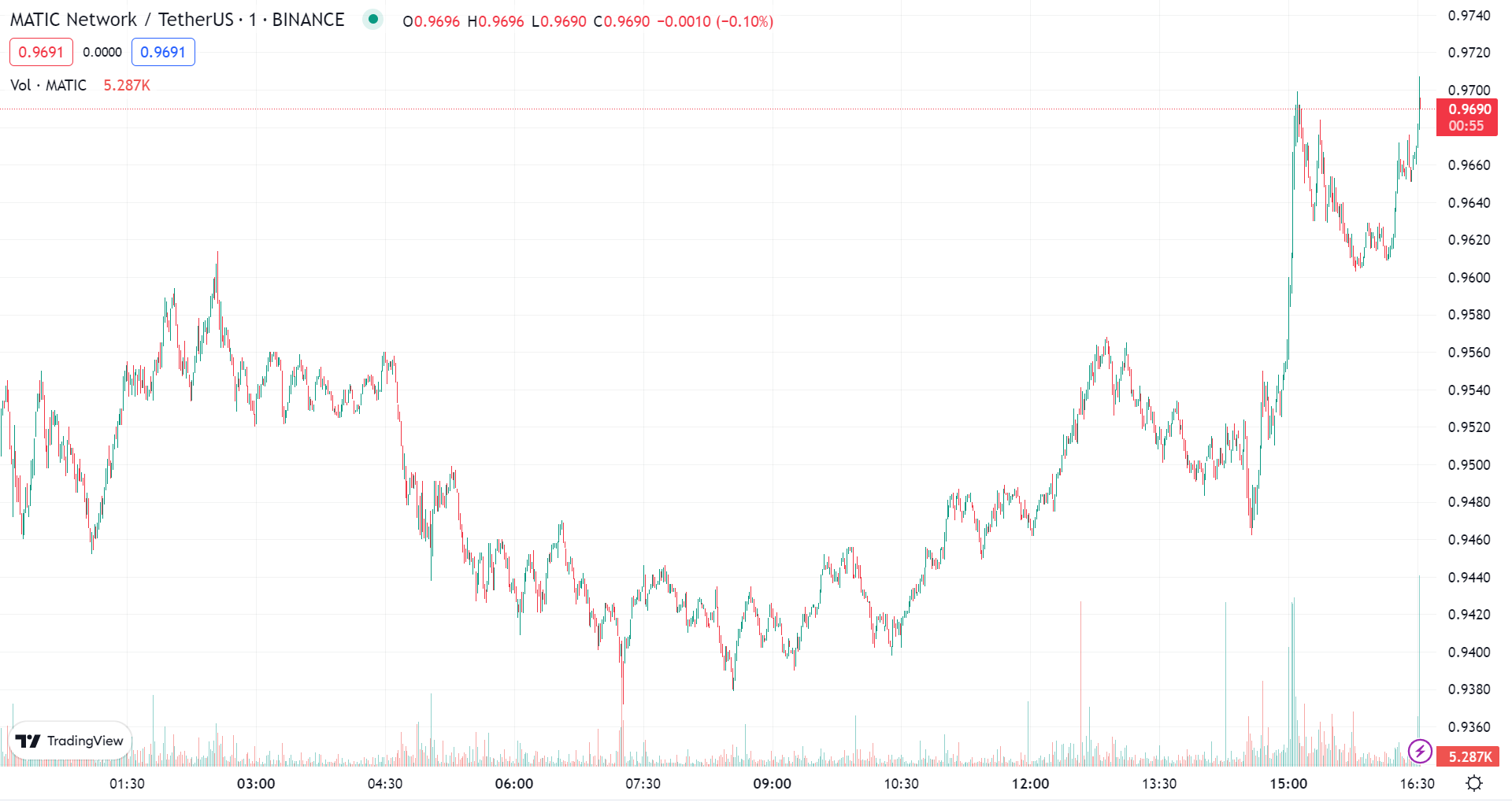Polygon Teams Up BitGo After A Controversial Hardfork Upgrade
- Posted on January 20, 2023
- News
- By Mark Otto
- 104 Views

Polygon has partnered with BitGo to provide MATIC holders with staking capabilities. Moreover, the users can earn rewards by staking ERC-20 MATIC tokens. BitGo decided to support Polygon because of its benefits like fast speed, low gas fees, higher security, and commitment to carbon neutrality.
Another Strategic Partnership For Polygon
The Polygon-BitGo partnership is not the first one in recent times. Polygon has entered several partnerships with other platforms.
However, the recent partnership between Polygon and BitGo will provide MATIC holders with wallet and custody services. Where Polygon is a decentralized Ethereum-based scaling platform, BitGo provides regulated custody, financial services, and core infrastructure for investors.
@BitGo launches support for #Polygon
It now offers Polygon’s native MATIC token in hot wallets & qualified custody.
MATIC holders now have the ability to stake their ERC-20 MATIC tokens through BitGo and earn rewards.
A few of the reasons why BitGo made this move
— Polygon (@0xPolygon) January 19, 2023
The COO of BitGo, Chen Fang, said, “By offering more features for MATIC, we’re providing investors with a safer way to custody their assets and providing platforms with the tools they need to build the future.”

This week, the price of MATIC has been trending downward. At the time of writing, MATIC’s price is $0.969, 1.36% higher than the past 24 hours’ price.
What’s The Delhi Hardfork And Why The Uproar?
In December 2022, Polygon released Bor – v0.3.1-Mumbai, a hard fork named Delhi Fork. The benefit of this hard fork release is that it will reduce transaction costs on Polygon by mitigating problematic price spikes. The development team estimates that the base fee is tentatively reduced to 6.25% post-hard fork implementation from 12.5%. Another benefit of this hard fork is that it will improve chain reorganizations.
This update has enabled BitGo users to access the Ethereum second-layer platform. In addition, Polygon has also announced further improvements in its network. This comes from “still pending” zero-knowledge (ZK) rollups into the mainnet. As a result, Polygon aims for better scalability and privacy on its network.
The Delhi hard fork was rolled out on the 13th of January. By 18th January, all the Polygon validators executed the upgrade. Moreover, holders with over 3.5 billion MATIC tokens validated the upgraded blockchain version.
Although, this Delhi hard fork has come under controversy because only 15 validators participated in the voting process.
BitGo is one of the oldest crypto custody platforms, launched in 2011. According to BitGo, the firm handles more than 20% of all Bitcoin transactions. It has support for over 300 blockchain-based digital assets. Its network has become even more prominent now that BitGo offers support for Polygon.
Source: Bitcoinist.com






